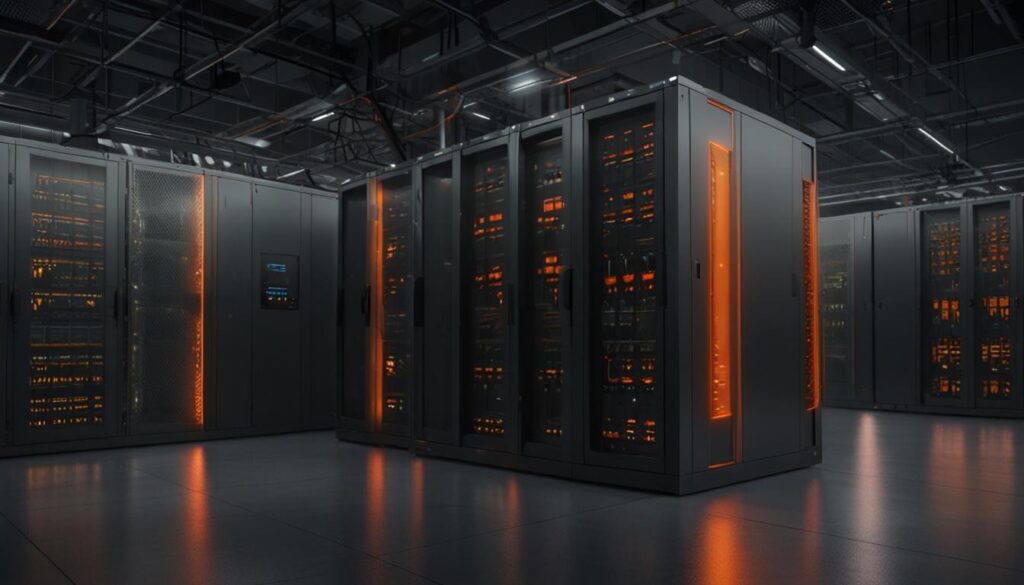Google’s greenhouse gas emissions have risen by 48% since 2019, driven by the energy demands of AI technologies. Despite aiming for net-zero emissions by 2030, the tech giant faces challenges due to increased data center energy consumption and supply chain emissions.
Google’s greenhouse gas emissions have surged by 48% since 2019, primarily due to the increasing energy demands of AI technologies, according to its latest environmental report. Despite aiming for net-zero emissions by 2030, the tech giant noted that achieving this goal has become more challenging. The report highlights that the rise in emissions is largely due to increased data center energy consumption and supply chain emissions.
In 2023, Google’s emissions rose 13% from the previous year, equating to 14.3 million tonnes of CO2. The company attributed this to the high energy needs of AI compute and its technical infrastructure investments. Mountain View, California hosts many of these data centers, which showed a disparity in carbon-free energy usage across different regions, with centers in Europe and the Americas using more green energy compared to those in the Middle East, Asia, and Australia.
Google has committed to investing $1 billion in a new UK data center to meet AI demands. Still, it faces significant sustainability challenges, including the long lead times for clean energy projects and issues in regions where clean energy is less available. CEO Sundar Pichai emphasized that integrating AI into Google’s products adds complexity to achieving their climate goals.
Furthermore, Google’s report touches on using AI to mitigate climate change, suggesting that advanced AI could help reduce 5-10% of global greenhouse gas emissions by 2030.
Other tech companies like Microsoft and Amazon face similar challenges, with their own escalating greenhouse gas emissions and ambitious climate targets. Microsoft has committed to being carbon-negative by 2050, and Amazon aims for carbon neutrality by 2040. Meanwhile, Google continues to explore future technologies, including AI advancements to enhance clean energy solutions.










